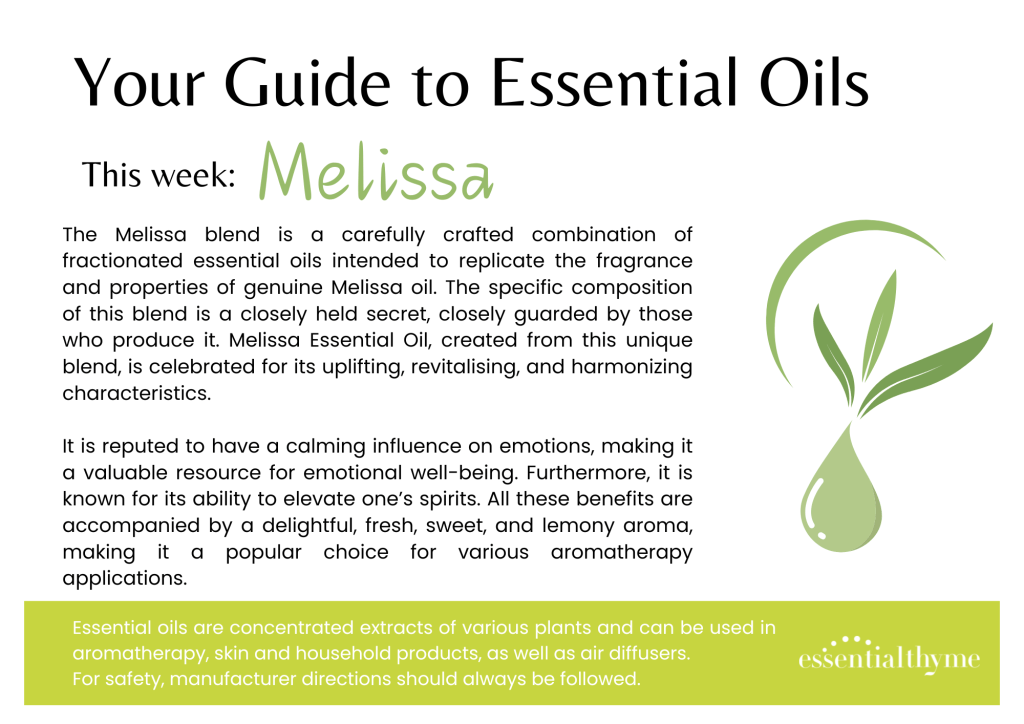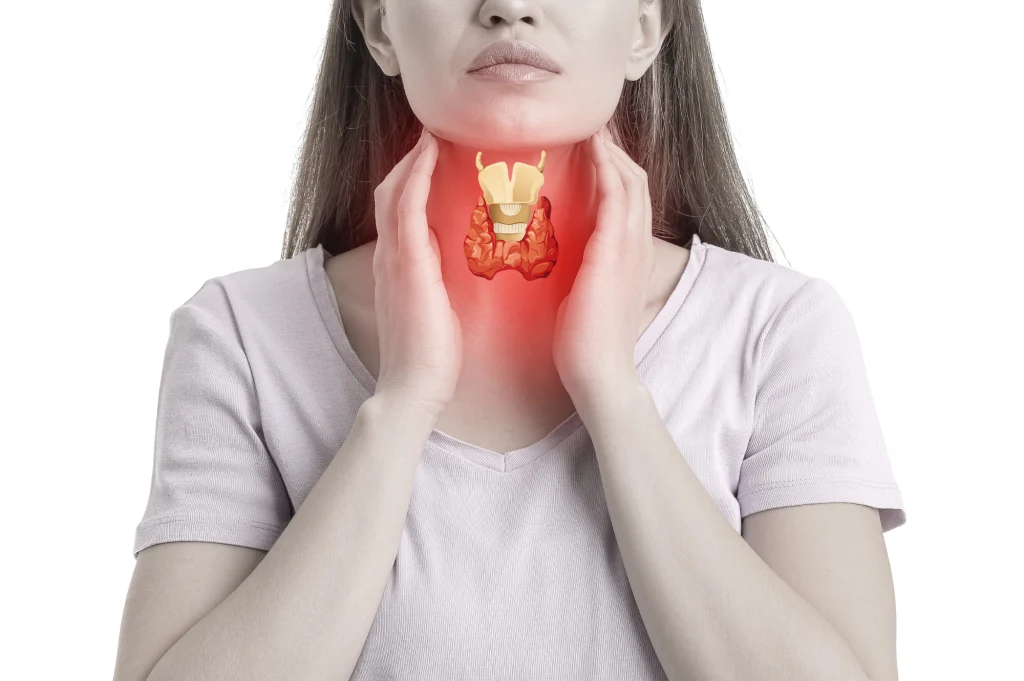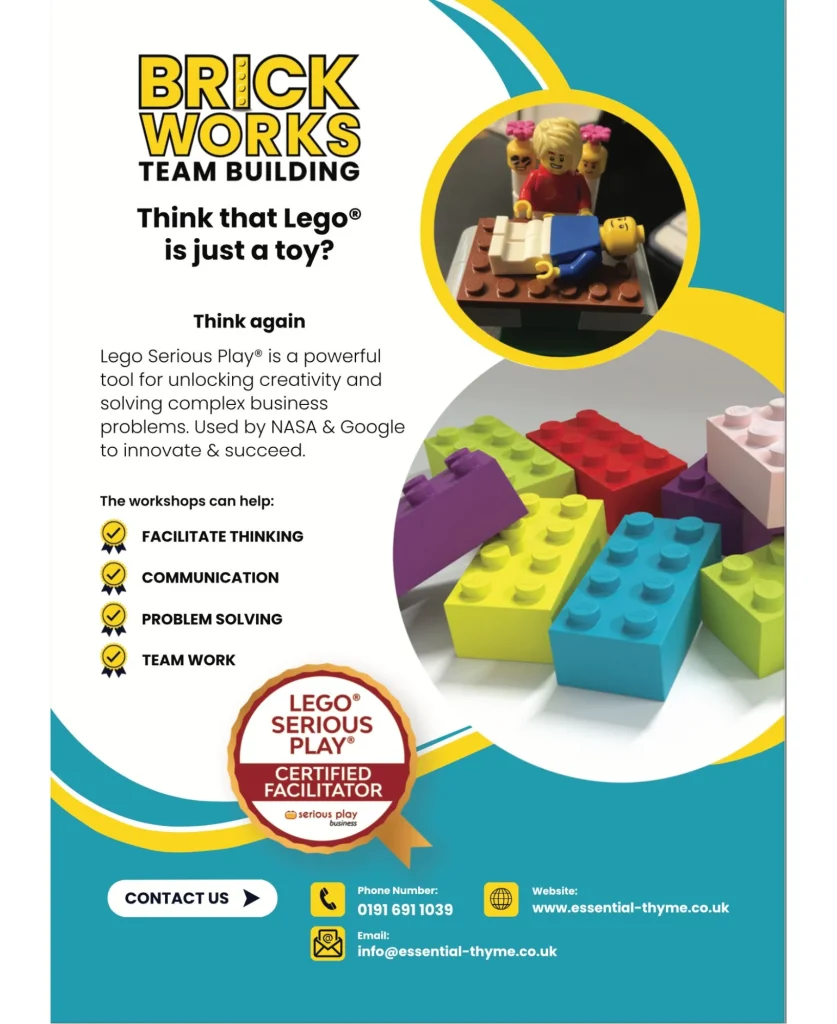National Stress Awareness Week

| National Stress Awareness Week is a valuable opportunity each year to bring attention to a growing and often overlooked health issue: stress. The week is held annually during the first full week of November. It is dedicated to raising awareness about the effects of stress on our mental and physical well-being also encouraging positive steps to manage it. What Is Stress and Why Does It Matter? Stress is the body’s natural response to pressure or perceived threats. It could be triggered by a wide variety of situations—tight deadlines, financial worries, personal conflict, or even constant digital notifications. While some stress may be motivating and short-lived, ongoing stress may take a toll on the body and mind.Over time, chronic stress has been linked to fatigue, poor concentration, sleep disturbances, irritability, and physical health problems such as high blood pressure. For many people, stress could also contribute to anxiety, depression, and burnout. Recognising and managing stress isn’t just beneficial, it’s essential. The Purpose of National Stress Awareness Week The week serves as a reminder to pause and assess how stress affects our lives. It promotes conversations about mental health, encourages healthy habits, and offers a chance to learn new ways of coping with everyday pressures. Whether you’re a student, a parent, an employee, or a retiree, stress is something we all experience. |
Ways to Take Part:
Reflect on Your Own Stress Levels Take a moment to consider what causes stress in your life. Are there particular patterns, environments, or habits that contribute to it? Self-awareness is the first step toward meaningful change.
Explore Healthy Coping Techniques This week is a great time to try out practices that support relaxation and clarity. Deep breathing exercises, physical activity, journaling, or spending time in nature are just a few ways.
Talk About It Having open conversations about stress helps reduce the stigma around it. Share your experiences with friends, family, or colleagues. You might be surprised how much support and understanding you find in return.
Take Small Breaks Sometimes the most powerful changes come from the smallest habits. Take a walk at lunch, step away from screens for a while, or pause to breathe between tasks. These moments of stillness help bring balance to a hectic day.
Moving Forward with Less Stress National Stress Awareness Week isn’t just about identifying stress – it’s about learning to respond to it in healthier ways. While stress will always be part of life, how we handle it makes all the difference. By taking even small steps to recognise and reduce stress, we help create more peace, focus, and resilience in our lives.


| We’ve got a range of fully accredited training courses in 2026 where you can earn a qualification upon completion. Book now, or get in touch for more info. |
A Spotlight On…Overactive Thyroid (hyperthyroidism)
An overactive thyroid, also known as hyperthyroidism or thyrotoxicosis, is where the thyroid gland produces too much of the thyroid hormones.The thyroid is a small butterfly-shaped gland in the neck, just in front of the windpipe (trachea). It produces hormones that affect things such as your heart rate and body temperature.An overactive thyroid may affect anyone, but it’s about 10 times more common in women than men and typically happens between 20 and 40 years of age.
Symptoms of an overactive thyroid
An overactive thyroid causes a wide range of symptoms, including:
- mood swings
- sensitivity to heat
- swelling in your neck from an enlarged thyroid gland (goitre)
- an irregular and/or unusually fast heart rate (palpitations)t
- witching or trembling
When to see a GP
See a GP if you have symptoms of an overactive thyroid.If they think you might have a thyroid problem, they may arrange for a blood test to check how well your thyroid is working.Find out more about how an overactive thyroid is diagnosedFind out more about how an overactive thyroid is treated
Causes of an overactive thyroid
There are several reasons why your thyroid could become overactive. These include:
- Graves’ disease – an autoimmune condition where the immune system produces antibodies that cause the thyroid to produce too much thyroid hormone (about 4 in every 5 people with an overactive thyroid have Graves’ disease)
- lumps (nodules) on the thyroid – this extra thyroid tissue has the ability to produce thyroid hormones, causing your levels to be too highsome medicines such as amiodarone, which can be used to treat an irregular heartbeat (arrhythmia)
- Find out more about the causes of an overactive thyroid

Massage therapy may help ease symptoms of an overactive thyroid by reducing stress, improving circulation, and relieving muscle tension. While not a cure, it may help offer supportive relief. Get in touch to see how we can help you. |

Brickworks – Team Burnout? Let Them Play—Seriously!
How LEGO® SERIOUS PLAY® Can Reset Teams and Recharge Creativity
In today’s high-pressure work environments, team burnout is becoming a pressing concern. Deadlines loom large, meetings pile up, and innovation can feel like a distant memory. When teams hit a wall, conventional solutions like team building exercises or brainstorming sessions often fall flat. But what if the answer lies not in doing more, but in doing differently? Enter LEGO® SERIOUS PLAY® (LSP), a surprisingly powerful tool that brings play into the professional world to foster reflection, connection, and renewal.
What Is LEGO® SERIOUS PLAY®?
LEGO® SERIOUS PLAY® is not about building castles or cars. It’s a structured, facilitated method that uses LEGO bricks as a medium for communication and problem-solving. Developed for organisational use, it enables participants to express ideas, emotions, and insights by building metaphors with LEGO models—essentially thinking with their hands.
Play as a Path to Mental Wellness
During periods of high workload and mental fatigue, cognitive resources become strained. People start operating in survival mode, making it harder to innovate or collaborate effectively. What makes LSP especially compelling is its capacity to tap into deeper thinking while offering emotional relief.
Reconnecting Through Shared Metaphor
Burnout often stems from disconnection between individuals, between effort and purpose, and between creativity and routine. LSP rebuilds these connections. It fosters active listening, because every person’s model is essential to the shared narrative. It strengthens psychological bonds, because creating and sharing metaphors invites vulnerability in a non-threatening way.
A Practical Reset Button
LEGO® SERIOUS PLAY® is not a one-size-fits-all solution, nor is it a replacement for mental health support or structural change. But as a team reset tool, it offers something rare – a moment to pause, reflect, and create meaning together. It invites play not as a distraction, but as a catalyst for insight, recovery, and reconnection.
When a team is facing burnout, letting them play might seem counterintuitive but structured play can be exactly the serious solution they need.

| Are you ready for real change? Get in touch to book and see what happens when strategy becomes sculpture. Watch goals turn into models and conversations shift from passive to powerful. |
Have a good rest of the week
Sandra

